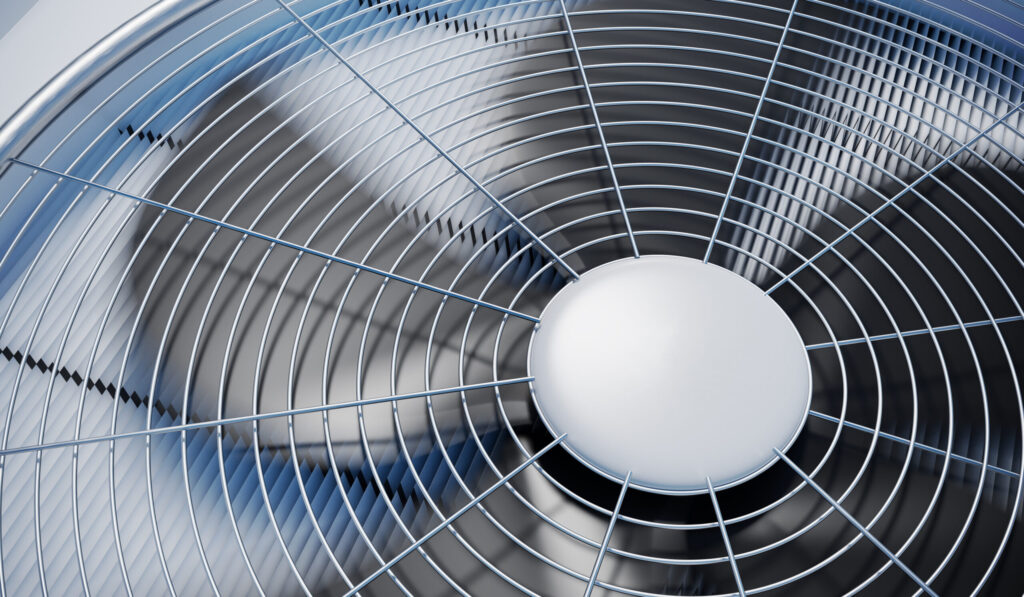
As Kentucky homeowners become increasingly concerned with energy efficiency and reducing their carbon footprint, they can do their part by opting for energy-efficient HVAC systems. Understanding HVAC energy ratings can help you make a more eco-conscious decision regarding indoor comfort. But how exactly is energy efficiency measured, and how can homeowners interpret these energy ratings to find the system that suits their needs?
If you’re in the market for a new HVAC system, learn what HVAC energy ratings are, how they’re measured, and their overall importance so you can make the most informed decision for your comfort needs.
Call A+ Derr Heating & Cooling at 833-232-4328 to schedule HVAC installation in Kentucky.
Introduction to HVAC Energy Ratings
HVAC energy ratings measure how efficiently your heating and cooling systems operate. These ratings make it easier for homeowners to understand how their chosen heating or cooling equipment can help them achieve greater efficiency and long-term cost savings on their monthly expenses.
Different Types of HVAC Energy Ratings
Energy efficiency in HVAC systems is typically measured in a few different ways:
- Seasonal energy efficiency ratio (SEER): Used to measure efficiency in air conditioners and heat pumps; the higher the SEER, the more efficient the system.
- Heating seasonal performance factor (HSPF): This measurement also applies to heat pump systems, and like SEER, the higher the HSPF, the more efficient the unit.
- Annual fuel utilization efficiency (AFUE): For boilers and furnaces, AFUE represents the percentage of energy from fuel that gets converted to heat. A higher AFUE means less energy waste.
- Energy efficiency ratio (EER): Like SEER, EER measures AC and heat pump efficiency in specific conditions, highlighting how efficiently they operate at a given moment.
Importance of HVAC Energy Ratings in Kentucky
HVAC equipment contributes significantly to a home’s overall energy consumption, and choosing an inefficient system can drain your monthly budget. Having a basic understanding of what HVAC energy ratings are can help Kentucky homeowners make better decisions for their comfort needs as they shop for a new heating or cooling system.
5 Benefits of Choosing High Energy-Rated HVAC Systems
By choosing an HVAC system with a higher energy-efficiency rating, homeowners stand to gain a multitude of benefits, including:
- Lower operating costs: HVAC systems with higher efficiency ratings consume less energy, resulting in lower monthly utility expenses.
- Reduced carbon footprint: Systems with higher efficiency ratings are better for the environment, contributing to a more sustainable future.
- Improved indoor comfort: The more efficient your HVAC equipment, the better it is at maintaining optimal indoor temperature and humidity levels.
- Increased home value: High-efficiency HVAC systems are more desirable to prospective buyers, resulting in a higher perceived value for your home.
- Potential rebates & incentives: By opting for a high-efficiency system, you could qualify for federal, state, and local tax incentives and rebates.
Find Your Energy-Efficient HVAC System at A+ Derr
Ready to bring high-efficiency heating and cooling capabilities to your Kentucky home? A+ Derr Heating & Cooling offers the energy-efficient HVAC systems you need to achieve greater energy efficiency while reaping ongoing savings for your monthly utilities. As a Lennox Premier Dealer, we are proud to offer a variety of energy-efficient HVAC systems that will help maximize energy savings in your home.
With our 100% satisfaction guarantee, you can rest assured knowing that if you’re not satisfied with a product we’ve installed after the first year, we’ll buy it back from you — no questions asked.
Reap the benefits of high-efficiency HVAC equipment for your Kentucky home. Call us at 833-232-4328 to explore our energy-efficient heating and cooling options and schedule your installation appointment today!




